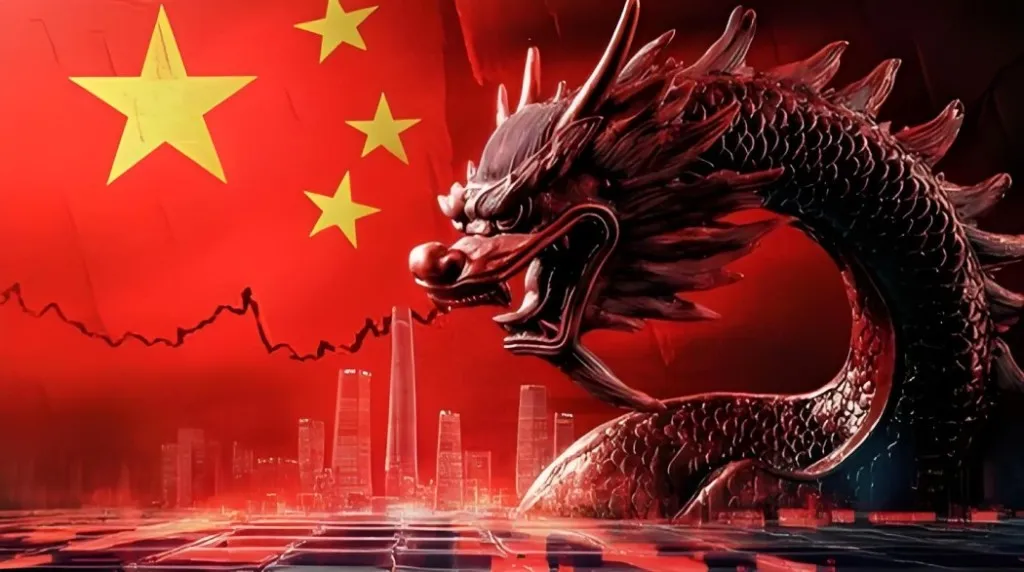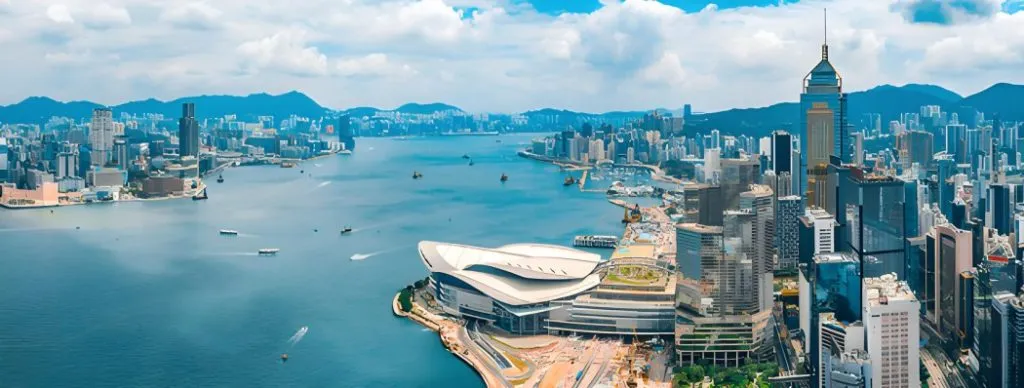
Table of Contents
In the past, working in the U.S. or London was considered a mark of prestige for global professionals.
Indeed, until not long ago, the center of economic and technological activity was in the West, and being there gave professionals a clear advantage in building an international career.
However, in the 2020s, this trend has shifted dramatically. The center of global economic, technological, and consumer trends is moving toward the Greater China economic sphere, with China at its core.
Not only China, but also the wider Greater China economic region—including Singapore—is increasingly asserting itself as Asia’s engine of growth.
Immersing oneself in these countries and regions, and gaining hands-on business experience there, is arguably more valuable than a traditional posting in the West.

From firsthand experience in the Chinese market, it becomes clear that practical experience in China itself is one of the most valuable assets for future international business.
Such opportunities to be directly immersed in the field are unparalleled anywhere else in the world. Moreover, the business models and the speed of decision-making in these companies operate with logic and sensibilities that are fundamentally different from those in the West.
Furthermore, China is not a single, uniform market; rather, it is a diverse collection of regions, each with its own culture and economic ecosystem. Cities and provinces such as Beijing, Shanghai, Guangzhou, Shenzhen, and inland areas all require distinct strategies. Operating in this environment is like experiencing a microcosm of global business firsthand.
China is not only the world’s manufacturing hub but also a massive consumer market. For many industries, business simply cannot succeed without the Chinese market—for example, automobiles, steel, electronics, and chemicals.
Furthermore, under comprehensive economic agreements such as RCEP, China serves as a crucial hub connecting regional trade.
Global companies originating from China—such as Alibaba, Tencent, Huawei, and ByteDance—are rapidly emerging, demonstrating development speed and application capabilities in areas like AI, FinTech, IoT, and smart cities that rival or even surpass those of the West.
Another unique strength is China’s ability to leverage its vast digital society—mobile payments, ultra-fast logistics, and AI usage—to obtain immediate feedback and implement rapid improvements from a massive user base.

“But isn’t experience in an English-speaking country still necessary?”
You might hear such questions.
Indeed, experience using English and an understanding of Western management styles are essential for operating in global business.
However, what deserves attention here is that the environment enabling such experiences without physically going to the West has already been established in Asia.
For instance, regions such as Hong Kong and Singapore function as “hybrid cities,” where one can immerse in Western business culture while remaining in Asia. In these cities, it is possible to learn English, global management, and Western-style business practices, while at the same time building relationships and understanding the business customs of both Chinese and Western companies.
In other words, these hybrid cities have become the new training grounds for the next generation of global professionals.
Hong Kong SAR has long functioned as an economic hub where Anglo-American law intersects with Chinese culture.
In the fields of finance, securities, and asset management, the city adopts regulations and systems fully aligned with Western standards, making it an international financial center on par with New York and London.
Working here provides more than just an English-speaking environment—it offers firsthand exposure to the real-world collision and integration of “Anglo-American contract culture × Chinese negotiation culture.”
〇 A crossroads of Western and Chinese culture, and a center for finance, law, and startups.
〇 Even today, one of Asia’s top international financial cities in terms of capital markets and finance.
〇 A place to learn the balance between Chinese dynamism and the transparency and institutional design of the Anglo-American system.
Singapore offers an environment where one can learn Western-style rational management while being immersed in diverse cultural backgrounds, including Chinese, Malay, and Indian communities.
With English and Chinese as its official languages, Singapore is a city highly compatible with both Western and Chinese business practices.
In areas such as global management, economic policy, and legal system design, Singapore serves as a key gateway connecting Asia and the world, making it an ideal place to gain practical insights.
Furthermore, advanced ecosystems have been established in finance, logistics, Web3, and SaaS startups, making Singapore extremely attractive as a business base.
〇 Headquarters of Asian countries are concentrated here, creating a cluster of multinational companies.
〇 Business practices and tax systems are often based on English standards, aligned with Western models.
〇 A “transit city of Asia” where Chinese, Malay, and Indian cultures intersect.

In other words, these cities are not a “substitute for the West”; rather, they offer an environment where you can simultaneously gain both Western business insights and Asian sensibilities.
In practice, many multinational companies are increasingly sending North American and European executive candidates to these regions and cities, reflecting the recognized global value of such experience.
The era when “you must go to the West to build a global career” is over. Today, Asia’s global cities have become the training grounds for next-generation leaders.
〇 Short time difference: International business at Western standards can be conducted within Asia, with only a 1–2 hour time difference.
〇 Talent and cost competitiveness: Highly capable professionals with Western-style thinking and English proficiency are concentrated in these cities.
〇 Business speed: Compared to the West, implementing initiatives and changing direction is significantly faster.
| Item | Examples of Cities Absorbing Western Business Practices | Notes |
| Contract Culture & Governance | Hong Kong SAR, Singapore | Based on common law, with a highly transparent commercial transaction culture |
| International Capital & Finance | Hong Kong SAR, Singapore | Western-style capital flows such as VC, IPOs, and PE are routine |
| Startup Environment | Shenzhen, Singapore | Western-style entrepreneurial thinking is widely adopted |
| Multicultural Business Sense | Hong Kong SAR, Singapore | Opportunities to experience hybrid models combining Western, Chinese, Malay, and Indian cultures |

Going physically to the West is no longer considered “international experience.”
Immersing yourself in the whirlwind of change and growth within China’s economic sphere is a crucial quality for the business leaders of tomorrow.
▼ Company WeChat Official Account▼

▼ Contact person in charge WeChat ID ▼


 Follow us on WeChat
Follow us on WeChat
 WeChat Official Account
WeChat Official Account
 Person in ChargeWeChat
Person in ChargeWeChat